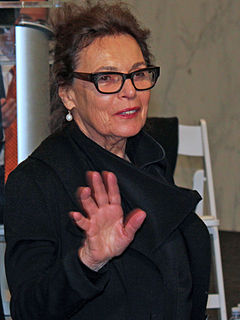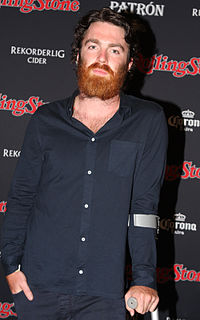A Quote by Mike Leigh
I try and create for the audience something that relates to real-life experience.
Quote Topics
Related Quotes
I try and create for the audience something that relates to real-life experience. When you're meeting somebody for the first time, all you have to go on are your preconceptions and your stereotypes and whatever else, but gradually as you get to know them, they change. They become more three-dimensional, and you start to see them in layers.
I was trying. I was crawling. I was coming into myself. I was trying to in some ways get beyond - what is the word that I'm looking for? - metaphorical language in painting, and to create something that was more indexical. And what I mean by that is that when you go to the library there's an index card that refers to a book that's actual and real in the world. So that index relates to something real.
I'm not a huge fan of 3-D, though. Honestly, I think that movies are an immersive experience and an audience experience. There's nothing like seeing a film with 500 people in a theater. And there's something about putting on 3-D glasses that makes it a very singular experience for me. Suddenly I'm not connected to the audience anymore.
I think when you're younger, as an actor you have much more of a notion that you are doing something to the audience. But with experience, I think you begin to worry less about what the audience's experience is and concentrate on working with the other actors, and that tends to let the audience do more work.
I want to create objects that will stimulate the viewer in ways that I am stimulated by these objects. Now that's an ideal situation and the artist has no control over what his audience is going to think, but they can try to communicate some quality, some poetry through the work and just hope that the viewer has something in the vicinity of a similar experience.





































